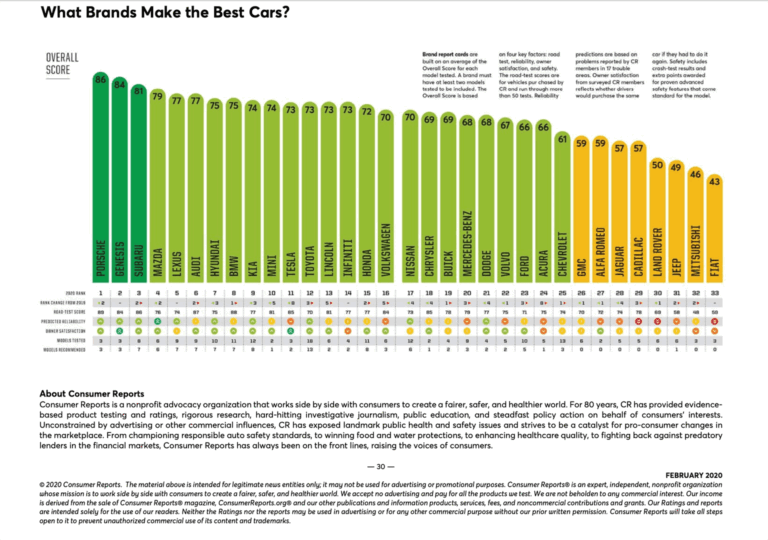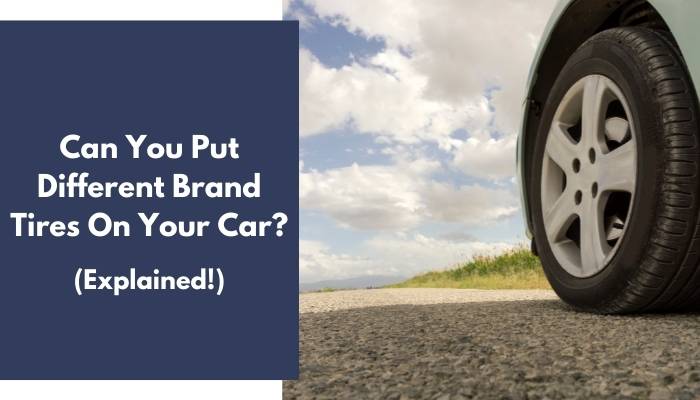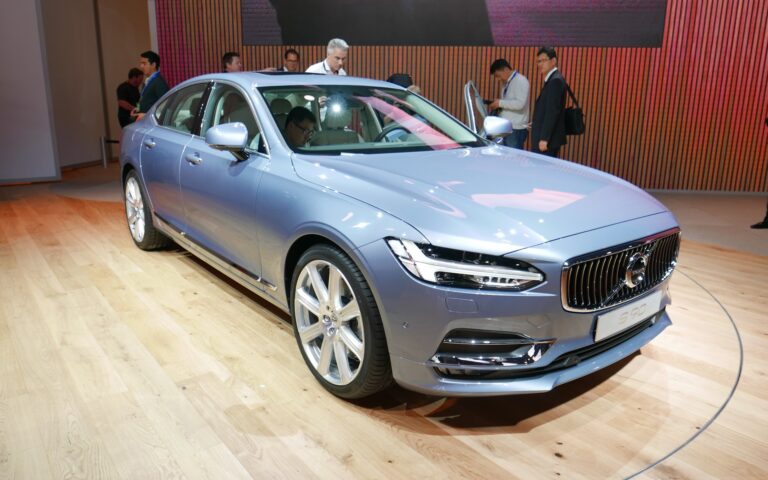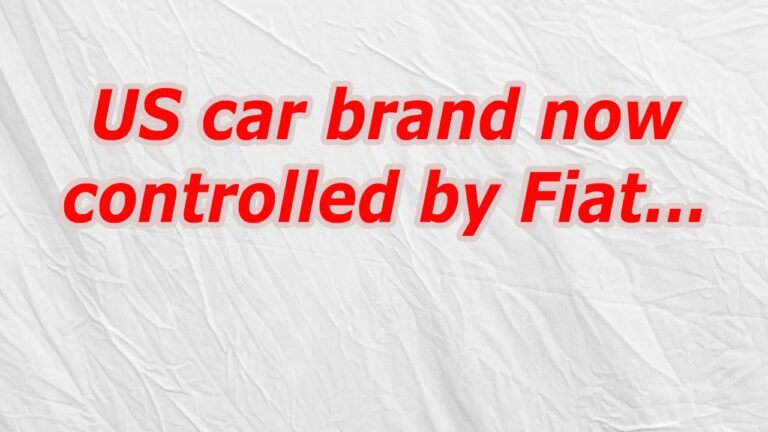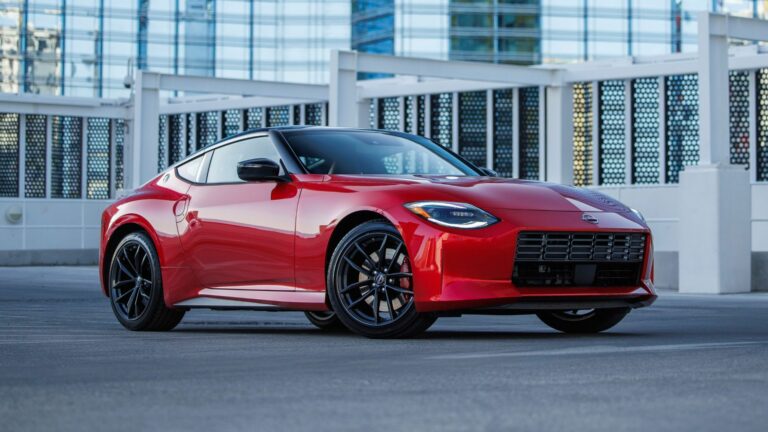Buying A Branded Title Car: A Comprehensive Guide
Buying A Branded Title Car: A Comprehensive Guide cars.truckstrend.com
Introduction: Unlocking Value or Inviting Trouble?
In the vast landscape of the used car market, a particular category often sparks both intrigue and apprehension: branded title cars. Unlike their "clean title" counterparts, these vehicles carry a unique designation on their ownership documents, indicating a significant event in their history that has impacted their value and perception. For the savvy buyer, a branded title car can represent an incredible opportunity to acquire a desirable vehicle at a fraction of its market price. However, for the uninitiated, it can be a minefield of potential problems, hidden damages, and unexpected costs.
Buying A Branded Title Car: A Comprehensive Guide
This comprehensive guide aims to demystify the world of branded title cars, providing you with the knowledge, tools, and practical advice needed to make an informed decision. We will explore what a branded title truly means, the various types you might encounter, the potential benefits, and, crucially, the risks involved. Our goal is to equip you with a robust strategy for due diligence, ensuring that if you choose to buy a branded title car, you do so with confidence and clarity, maximizing your savings while minimizing your risks.
What is a Branded Title Car? Understanding the Designations
A branded title, sometimes referred to as a "salvage title," "rebuilt title," or "flood title," is a permanent notation on a vehicle’s ownership document (the title) that signifies it has sustained significant damage or experienced a specific event that renders it a total loss by an insurance company, or for other specific reasons. This branding serves as a red flag, warning future buyers about the car’s past.
Here are the most common types of branded titles:
- Salvage This is the initial brand assigned to a vehicle when an insurance company declares it a "total loss." This typically happens when the cost of repairing the damage (from an accident, flood, fire, theft, etc.) exceeds a certain percentage of the car’s market value (often 70-75%, varying by state). A salvage titled car cannot be legally driven on public roads.
- Rebuilt/Reconstructed Once a salvage vehicle has been repaired and inspected by the state to ensure it is roadworthy and safe, its title can be upgraded to "rebuilt" or "reconstructed." This indicates that the car was once a total loss but has since been restored. While drivable, the "rebuilt" brand remains permanently on the title.
- Flood Specifically indicates that the vehicle has sustained significant water damage, often due to floods. Water damage can be particularly insidious, affecting electrical systems, upholstery, and even the structural integrity of the vehicle over time, leading to hidden corrosion and persistent issues.
- Lemon Law Buyback This applies to vehicles that a manufacturer has repurchased from a consumer due to unresolved defects or repeated failures that substantially impair the vehicle’s use, value, or safety. Even after repairs, the title is branded to disclose its history.
- Junk/Scrap Similar to a salvage title, but often denotes a vehicle that is deemed irreparable and suitable only for parts or scrap metal. These vehicles are generally not intended to be put back on the road.
- Odometer Rollback/Tampered Indicates that the vehicle’s odometer has been illegally altered to show fewer miles than actually driven. This is a serious felony and renders the title branded.
- Hail Damage In some states, severe hail damage, if it totals the vehicle, might result in a specific "hail damage" brand, though it often falls under "salvage" or "rebuilt."
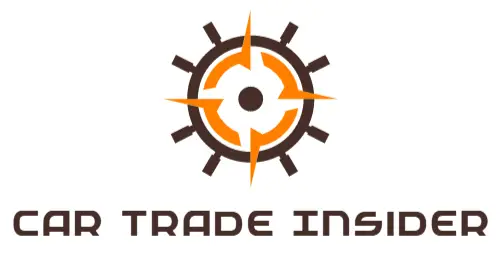

Why Do Cars Get Branded Titles? Common Scenarios
Cars acquire branded titles for a variety of reasons, most commonly stemming from damage severe enough to trigger an insurance write-off.
- Accidents: The most frequent cause. If a car is involved in a collision and the repair costs exceed the insurance company’s threshold, it’s declared a total loss and given a salvage title.
- Natural Disasters: Floods, hurricanes, tornados, and even severe hail storms can cause extensive damage, leading to branded titles. Water damage, in particular, is notorious for long-term issues.
- Theft Recovery: If a vehicle is stolen and recovered, especially if it was missing for a significant period or sustained damage during the theft, it might be branded. Insurance companies often total cars if recovery takes too long, even if damage is minor, due to potential unseen issues or simple depreciation.
- Fire Damage: Vehicles involved in fires, even if partial, can be deemed total losses due to structural integrity concerns, smoke damage, and electrical system compromise.
- Manufacturer Buyback (Lemon Law): As mentioned, if a new vehicle has persistent, unfixable problems, the manufacturer may buy it back from the owner under "lemon laws." These vehicles are often repaired and resold with a branded title.
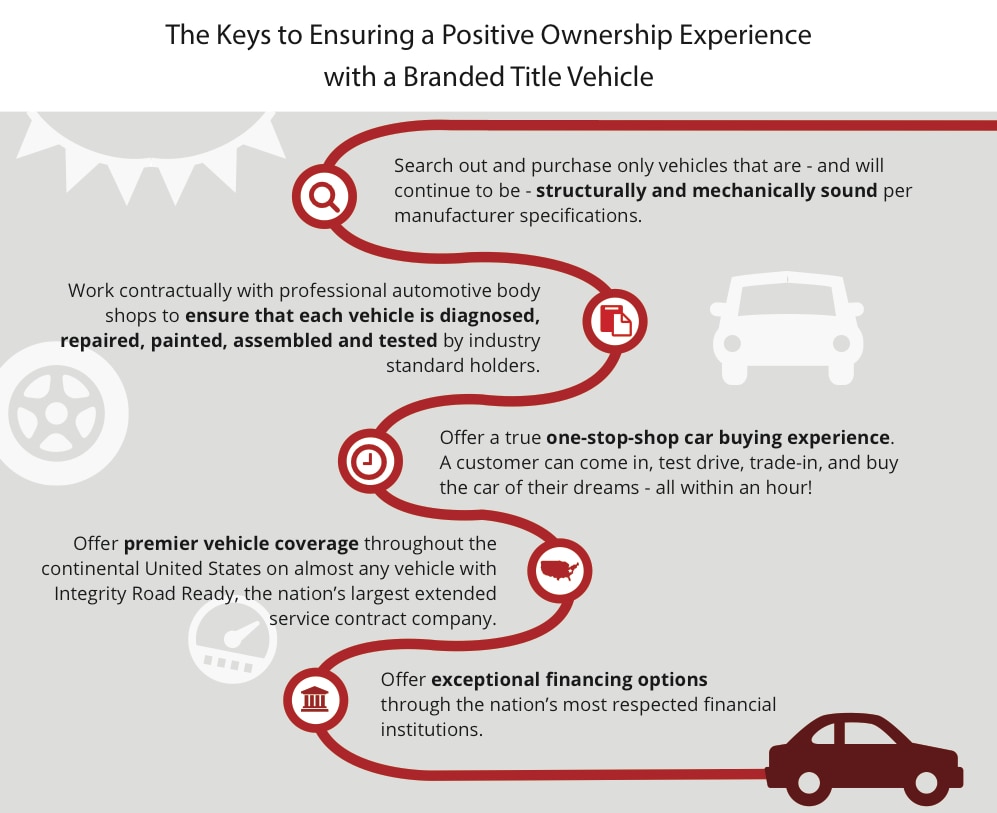
The Potential Benefits: Why Consider a Branded Title Car?
Despite the inherent risks, buying a branded title car offers a compelling advantage that attracts many buyers: significant cost savings.
- Substantial Price Reduction: This is the primary driver. Branded title cars, even rebuilt ones, are typically priced 20% to 50% lower than comparable clean title vehicles. This discount can translate into thousands of dollars in savings, making a more luxurious or newer model accessible within your budget.
- Access to Newer Models: You might be able to afford a car that is only a few years old, with modern features and lower mileage, for the price of an older, higher-mileage clean title vehicle.
- Value for Specific Uses: If you need a secondary vehicle, a project car, or a work truck that will accumulate wear and tear anyway, a branded title car can be a cost-effective solution where resale value isn’t your primary concern.
- Learning Opportunity: For those mechanically inclined, repairing a salvage vehicle can be a rewarding project, offering hands-on experience and a deep understanding of vehicle systems.
The Risks and Challenges: What to Watch Out For
While the savings are tempting, it’s crucial to be fully aware of the potential pitfalls associated with branded title vehicles. These risks underscore the importance of thorough due diligence.
- Hidden Damage: This is the biggest concern. What you see might not be all you get. Structural damage, electrical system faults, rust from flood exposure, or compromised safety features might not be immediately apparent but can lead to expensive repairs down the line or, worse, safety hazards.
- Insurance Difficulties: Many insurance companies are hesitant to provide full coverage (collision and comprehensive) for branded title cars, especially salvage titles. If they do, premiums might be higher, and payout values in case of a future claim will likely be lower, based on the already depreciated value. Some may only offer liability coverage.
- Reduced Resale Value: Even if perfectly repaired, a branded title will permanently impact the car’s resale value. When you go to sell it, you’ll likely face the same significant depreciation you benefited from when buying. The buyer pool will also be smaller.
- Financing Challenges: Many traditional lenders and banks are reluctant to finance branded title vehicles due to the perceived higher risk and lower collateral value. You may need to seek out specialized lenders or pay cash.
- Warranty Issues: Manufacturer warranties are typically voided once a car receives a salvage title. This means you’re on your own for any future repairs.
- State-Specific Regulations: Rules for titling, inspecting, and registering branded vehicles vary significantly by state. Some states have very stringent inspection processes for rebuilt titles, while others are more lenient.
The Due Diligence Checklist: How to Buy Smart
Buying a branded title car is not for the faint of heart, but with a rigorous due diligence process, you can significantly mitigate the risks.
- Obtain a Vehicle History Report (VHR): This is your absolute first step. Services like CarFax or AutoCheck provide crucial information about the car’s past, including accident history, previous title brands, odometer readings, and service records. Look for consistency and details about the incident that led to the branding.
- Get a Professional Pre-Purchase Inspection (PPI): This is non-negotiable. Do NOT skip this step. Find an independent, certified mechanic (ideally one experienced with branded title vehicles or the specific type of damage, e.g., collision repair specialist for accident cars, electrical specialist for flood cars) to thoroughly inspect the vehicle. They can spot hidden structural damage, electrical issues, frame problems, and poor repairs that you wouldn’t notice.
- Understand the Branded Title Type and Cause: Don’t just accept "rebuilt." Dig into why it was rebuilt. Was it a fender-bender or a major collision? Flood damage? Lemon Law? The nature of the original damage is key to assessing potential long-term issues.
- Demand Proof of Repairs: Ask the seller for all documentation related to the repairs: receipts for parts, invoices from repair shops, and even photos taken during the repair process. Quality repairs from reputable shops are a good sign. Be wary if the seller cannot provide this.
- Thorough Test Drive: Drive the car extensively under various conditions (city, highway, bumps, turns). Listen for unusual noises, check steering alignment, brake feel, and transmission shifts. Test all electrical components: lights, radio, AC, windows, power seats, sunroof.
- Check for State-Specific Regulations: Research your state’s Department of Motor Vehicles (DMV) rules regarding branded titles. Some states have rigorous inspection processes before a salvage title can be converted to rebuilt. Ensure the car has passed all necessary inspections.
- Get Insurance Quotes BEFORE Buying: Contact several insurance providers and get specific quotes for comprehensive and collision coverage on the exact VIN of the branded title car you’re considering. This will reveal if you can even get coverage and at what cost.
- Research Financing Options: If you’re not paying cash, contact lenders before you commit. Be prepared for higher interest rates or the possibility that many lenders won’t finance branded vehicles.
Navigating the Purchase Process
- Where to Find Them: Branded title cars are often found at specialized used car dealerships that deal exclusively in rebuilt vehicles, online auctions (like Copart or IAAI for salvage vehicles, though these are typically for licensed dealers), or through private sellers.
- Negotiation: Since these cars are already discounted, there might be less room for negotiation than with a clean title car, but it’s always worth trying. Use any issues found during the PPI as leverage.
- Paperwork: Ensure the title clearly states the brand (e.g., "Rebuilt," "Flood"). Verify the VIN on the title matches the car. Understand the transfer process for branded titles in your state.
Living with a Branded Title Car
Once purchased, treat your branded title car like any other vehicle, but be mindful of its history. Adhere to regular maintenance schedules. Keep all repair documentation. When it comes time to sell, be transparent about the branded title. Price it competitively, expecting a significant discount compared to clean title equivalents, and be prepared to answer many questions from potential buyers.
Cost Comparison & Savings Potential: Branded vs. Clean Title
| Aspect | Clean Title Car (Example) | Branded Title Car (Example) | Notes |
|---|---|---|---|
| Purchase Price | $25,000 | $15,000 – $18,000 | Significant Savings: Typically 20-50% lower. This is the primary appeal. |
| Pre-Purchase Inspection | $100 – $250 | $200 – $400+ | Higher Cost: Crucial for branded titles; may require specialized mechanic or more in-depth checks due to unknown repair quality. |
| Insurance Premiums (Full Coverage) | $1,500/year (avg.) | $1,800 – $2,500+/year | Higher/Limited Coverage: Some insurers may refuse full coverage or charge higher premiums. Payouts for future claims are based on reduced market value. |
| Financing Interest Rates | 5-8% (good credit) | 8-15%+ / Cash Only | Higher Rates/Difficulty: Many traditional lenders avoid branded titles. Specialized lenders may charge more. Often requires cash purchase. |
| Potential Future Repairs | Standard maintenance | Higher risk of unexpected repairs | Increased Risk: Hidden damage from original incident (e.g., electrical issues from flood, frame issues from accident) can lead to unforeseen, costly repairs not covered by warranty. |
| Resale Value | ~60-70% of purchase price after 3 years | ~40-50% of purchase price after 3 years | Significant Depreciation: Permanent title brand heavily impacts future resale value. Expect a smaller buyer pool and lower offers. |
| Warranty | Often intact | Voided | No Warranty: Manufacturer warranties are typically voided once a car receives a salvage title. All future repairs are out-of-pocket. |
| Total Cost of Ownership | Predictable | Potentially higher due to repairs, insurance, and lower resale. | While initial savings are great, potential long-term costs (repairs, insurance, depreciation) can reduce the overall "deal." Thorough PPI and research are key to making it a true saving. |
Frequently Asked Questions (FAQ)
Q1: Is it safe to buy a branded title car?
A1: It can be safe, but only if you exercise extreme caution and perform thorough due diligence. The key is ensuring the vehicle was professionally repaired to original safety standards and inspected by a qualified mechanic. Skipping a pre-purchase inspection is highly risky.
Q2: Can I get full coverage insurance on a branded title car?
A2: It depends on the insurance company and the specific brand. Some insurers may offer full coverage (collision and comprehensive), but premiums might be higher, and the payout in case of a future claim will be based on the car’s reduced market value. Many will only offer liability coverage. Always get quotes before buying.
Q3: Will a branded title car affect my car’s resale value?
A3: Absolutely. A branded title will permanently reduce the car’s resale value, typically by 20-50% compared to a clean title equivalent, even if the car is perfectly repaired. It also narrows your pool of potential buyers.
Q4: Can I finance a branded title car?
A4: Financing can be challenging. Many traditional banks and credit unions are reluctant to finance branded title vehicles due to the perceived higher risk and lower collateral value. You may need to seek out specialized lenders, or be prepared to pay cash.
Q5: What’s the difference between a "salvage" and "rebuilt" title?
A5: A "salvage" title means the car has been declared a total loss by an insurance company and cannot be legally driven. A "rebuilt" title means the car was previously salvaged, has since been repaired, and has passed a state inspection to be deemed roadworthy and safe.
Q6: Are manufacturer warranties still valid on branded title cars?
A6: Generally, no. Manufacturer warranties are almost always voided once a vehicle receives a salvage title. This means you will be responsible for all future repair costs.
Q7: How can I tell if a car has a branded title?
A7: The title document itself will explicitly state the brand (e.g., "Salvage," "Rebuilt," "Flood"). Additionally, a vehicle history report (like CarFax or AutoCheck) will clearly disclose any title brands in the car’s history. Always verify both.
Q8: Is it worth buying a branded title car?
A8: It can be, if you prioritize significant cost savings and are willing to invest time in thorough research, inspections, and accept the associated risks (potential future repairs, lower resale, insurance challenges). For those on a tight budget or seeking a project, it can be a viable option. For peace of mind and ease of ownership, a clean title car is generally preferred.
Conclusion: Informed Decisions Lead to Smart Buys
Buying a branded title car is a high-reward, high-risk proposition. It offers the enticing possibility of owning a desirable vehicle at a significantly reduced price, potentially saving you thousands of dollars upfront. However, this financial benefit comes with inherent challenges, including the risk of hidden damage, difficulties with insurance and financing, and a permanently diminished resale value.
The key to successfully navigating this segment of the market lies in an unwavering commitment to due diligence. Never purchase a branded title vehicle without a comprehensive vehicle history report, a thorough pre-purchase inspection by an independent and trusted mechanic, and a clear understanding of the specific brand and its implications. Get insurance quotes beforehand, and be prepared for potential financing hurdles.
Ultimately, a branded title car is not for everyone. But for the well-informed, cautious, and pragmatic buyer who understands the trade-offs and is prepared to put in the necessary legwork, it can indeed be a smart and economical choice, turning a potential liability into a valuable asset.


